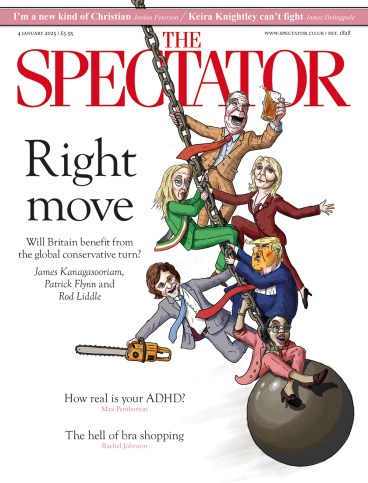
James MacMillan has narrated this article for you to listen to.
I was in Sweden a few weeks ago, where my music was presented in Stockholm in the most recent International Composer Festival. One of the orchestral works performed was my football-themed ‘Eleven’ (11 players, melodies of 11 notes, chords of 11 pitches and various football chants woven into the fabric of the score). I’m not the first composer obsessed with the beautiful game. Bohuslav Martinu’s ‘Half-time’, written in 1924, was inspired by the supporters of his team, Sparta Prague. And more recently there have been bold examples by English composers Mark-Anthony Turnage (who worked chants for his beloved Arsenal into his orchestral piece ‘Momentum’) and Benedict Mason, in whose opera Playing Away even the ball sings an aria. But the most sustained composerly football obsession is found in the work of Dmitri Shostakovich, who was a qualified referee. He wrote two overtly football-inspired scores. In his ballet The Golden Age a Soviet football team visits the West, and their captain gets captured by fascist agents. He is then sprung from prison by his teammates. Shostakovich also wrote a football scene for a 1944 wartime performance by the NKVD Song and Dance Ensemble. This was commissioned by Lavrentiy Beria, Stalin’s chief of police (and another football fan). It was a commission Shostakovich could hardly refuse.
I gave one of the Oakeshott Lectures in Oxford towards the end of last year. Until now they were known as the Roger Scruton Memorial Lectures. My lecture was entitled ‘Music and the Sacred: in antiquity and in modernity’. One of the reasons I am interested in the intersection between music and religion has quite a lot to do with Roger Scruton, especially his book Death-Devoted Heart: Sex and the Sacred in Wagner’s Tristan and Isolde. Some people are surprised that Wagner’s name crops up in discussions about sacred music, but Michael Tanner once wrote that the two greatest works of sacred music ever composed were Bach’s St Matthew Passion and Wagner’s Tristan und Isolde. Scruton makes the case that Tristan is a eucharistic opera too. I was smitten, and his ideas began to percolate my thoughts and the way I thought about sacred music, and what made music sacred – so much so that I began to refer to his writings in public. I remember doing this in a pre-concert talk at the Queen Elizabeth Hall which annoyed the Guardian critic, sitting in the audience, who subsequently described me quoting Scruton as ‘perilous’. I wonder what he meant. Perilous for whom? Perilous for me, perhaps? Was this an early cancel-culture style warning?
The parish priest in my local Catholic church in North Ayrshire asked me to form a music club in the parish. I chose to make it an improvisation group and invited some teenagers to join us. Composition is a part of the curriculum north and south of the border, but many teachers seem a bit terrified of it and I’m keen to help. So we meet in the parish hall, young and old, and make music from scratch. For the teenagers, the improvisation scenarios are the first steps towards imagining their own musical creations, which can be incorporated into their studies. For the adults, making music together that they had never heard before, had never thought possible, is the best fun they’ve had for years.
I was recently in Estonia to conduct a concert with the excellent Tallinn Chamber Orchestra. I get asked to direct Mendelssohn’s ‘Scottish Symphony’ a lot, for some reason… Perhaps they think that, being Scottish, I will give a more ‘authentic’ performance. There’s nothing Scottish about it, or so the thinking goes. But there’s something about that effervescent second movement which sits well under the fingers for a bagpipe chanter. I’m not a piper myself but I used to play a mean penny whistle, and the Mendelssohn melody fits it like a glove.
Creative Scotland – Scotland’s equivalent of the Arts Council – is in a bad way. One of its employees in its literary department has been discovered phoning around book shops warning them off books by Scottish writers who have challenged some of the daft new ideologies and pieties incubated in our universities and perpetrated cruelly on the young people of today. Maybe the Creative Scotland functionaries need some group improvisation, based on a ‘Scottish’ melody by Mendelssohn – to calm their fevered brows. Or perhaps the Scottish political class could take a leaf out of Lavrentiy Beria’s book and commission some Scottish composers to write music for the Scottish parliament’s Song and Dance Ensemble. (Holyrood is saturated with football fans too.) Some of us might enjoy doing that. It would be a commission we could hardly refuse.









Comments